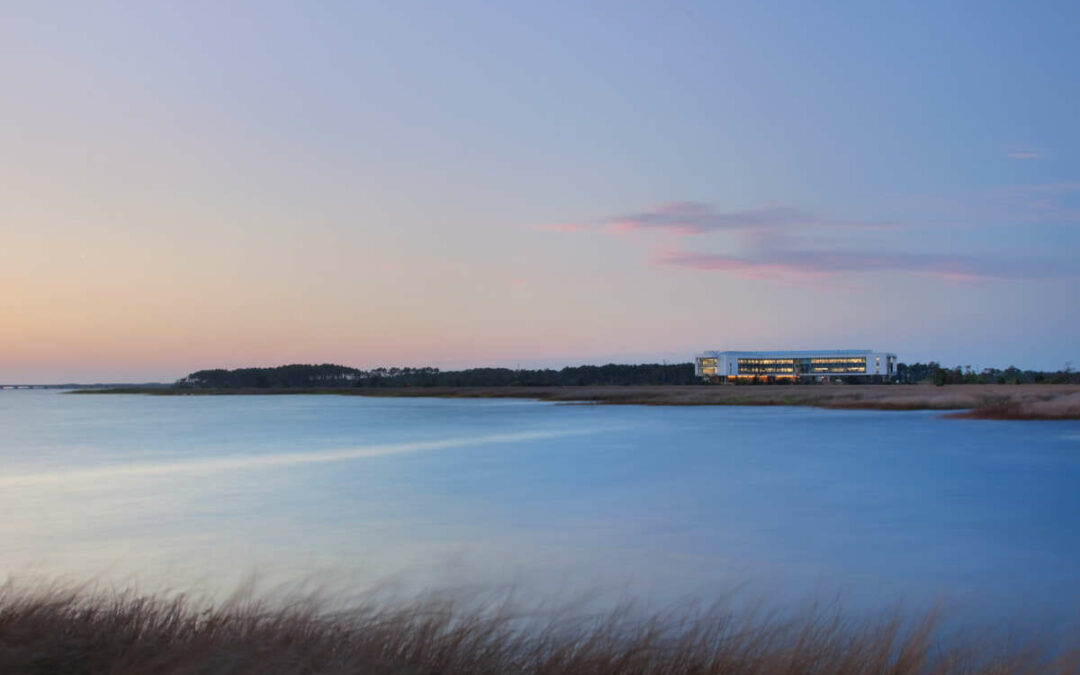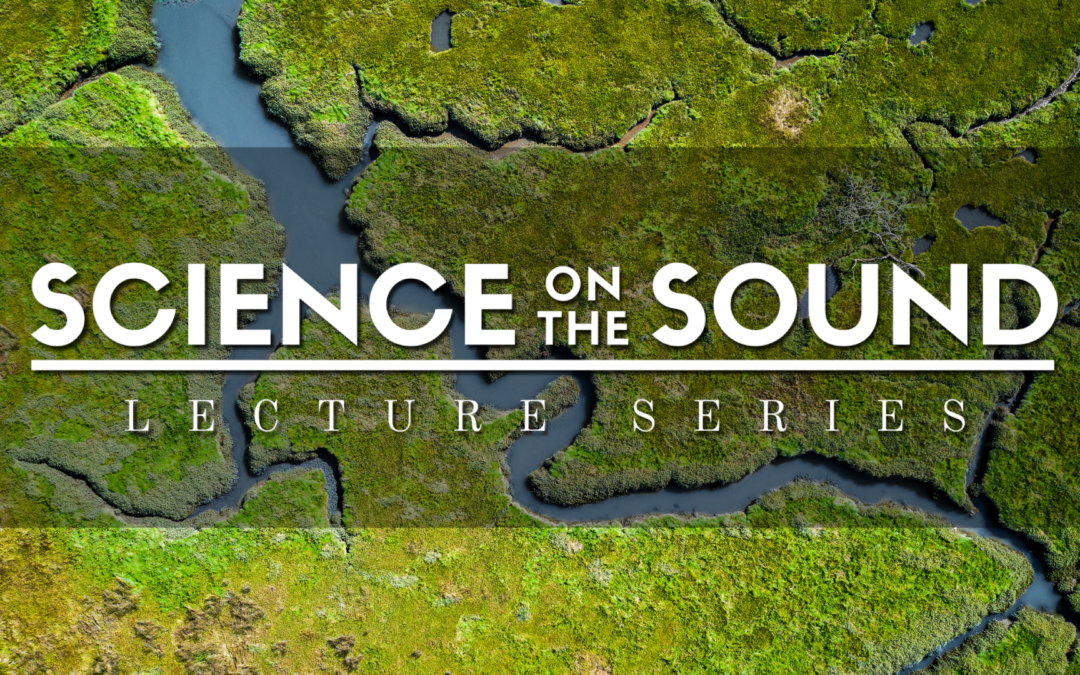


CSI Open House Set for Earth Day, April 22
Celebrate 10 years on the ECU Outer Banks Campus with us at our 2023 Open House! Spend Earth Day, April 22nd learning about coastal and marine science research and education programs at ECU and the Coastal Studies Institute. East Carolina University’s Integrated...
Public Lecture to Highlight Pioneer Array on April 20
The April 2023 installment of the “Science on the Sound” Lecture Series will be held at 6 pm on April 20 at the Coastal Studies Institute on the ECU Outer Banks Campus. This monthly, in-person, lecture series brings perspectives from all over the state and...
Celebrating 10 Years on the Croatan Sound
Ten years ago this winter, the staff and faculty of the Coastal Studies Institute got a brand-new view. Long before the property was known as the ECU Outer Banks Campus, the 230-acre coastal site was slotted to have multiple single-family homes and a surrounding...
Next Science on the Sound Lecture Set for March 30
Dr. Sean Charles measures a mangrove trunk during a recent field campaign in the Everglades. The March 2023 installment of the “Science on the Sound” Lecture Series will be held at 6 pm on March 30 at the Coastal Studies Institute on the ECU Outer Banks...


 Based at the Coastal Studies Institute (CSI), the North Carolina Renewable Ocean Energy Program (NCROEP) advances inter-disciplinary marine energy solutions across UNC System partner colleges of engineering at NC State University, UNC Charlotte, and NC A&T University. Click on the links below for more information.
Based at the Coastal Studies Institute (CSI), the North Carolina Renewable Ocean Energy Program (NCROEP) advances inter-disciplinary marine energy solutions across UNC System partner colleges of engineering at NC State University, UNC Charlotte, and NC A&T University. Click on the links below for more information. ECU's Integrated Coastal Programs (ECU ICP) is a leader in coastal and marine research, education, and engagement. ECU ICP includes the Coastal Studies Institute, ECU's Department of Coastal Studies, and ECU Diving and Water Safety.
ECU's Integrated Coastal Programs (ECU ICP) is a leader in coastal and marine research, education, and engagement. ECU ICP includes the Coastal Studies Institute, ECU's Department of Coastal Studies, and ECU Diving and Water Safety. The ECU Outer Banks campus is home to the Coastal Studies Institute.
The ECU Outer Banks campus is home to the Coastal Studies Institute.

